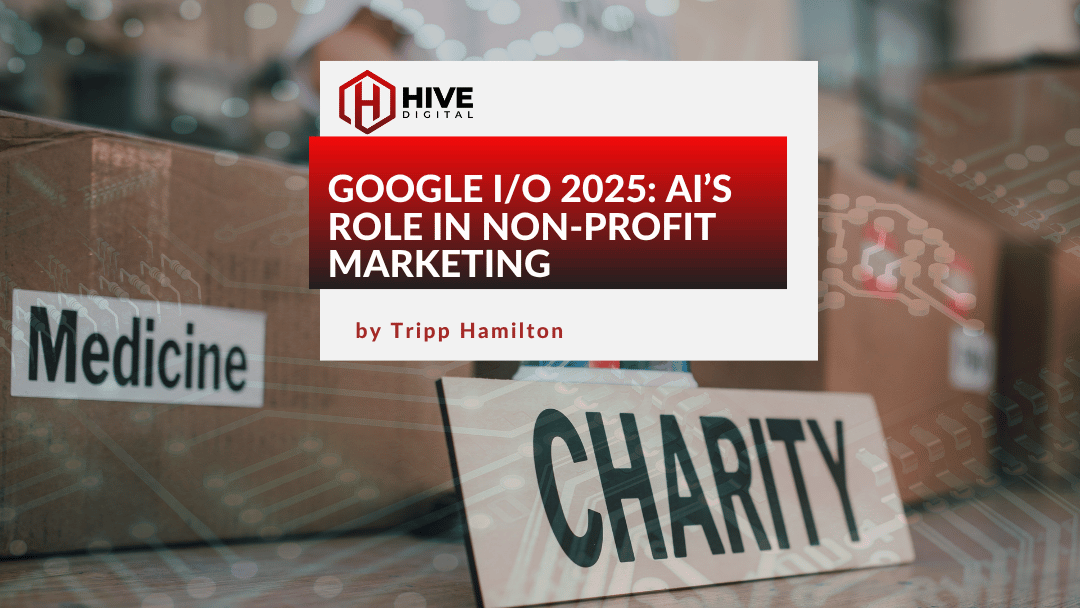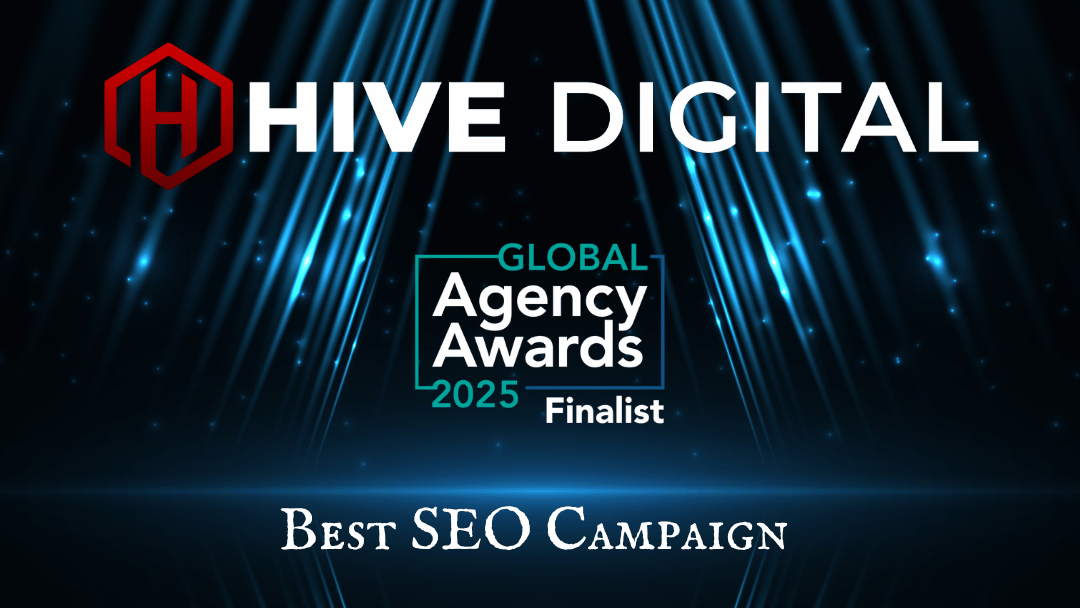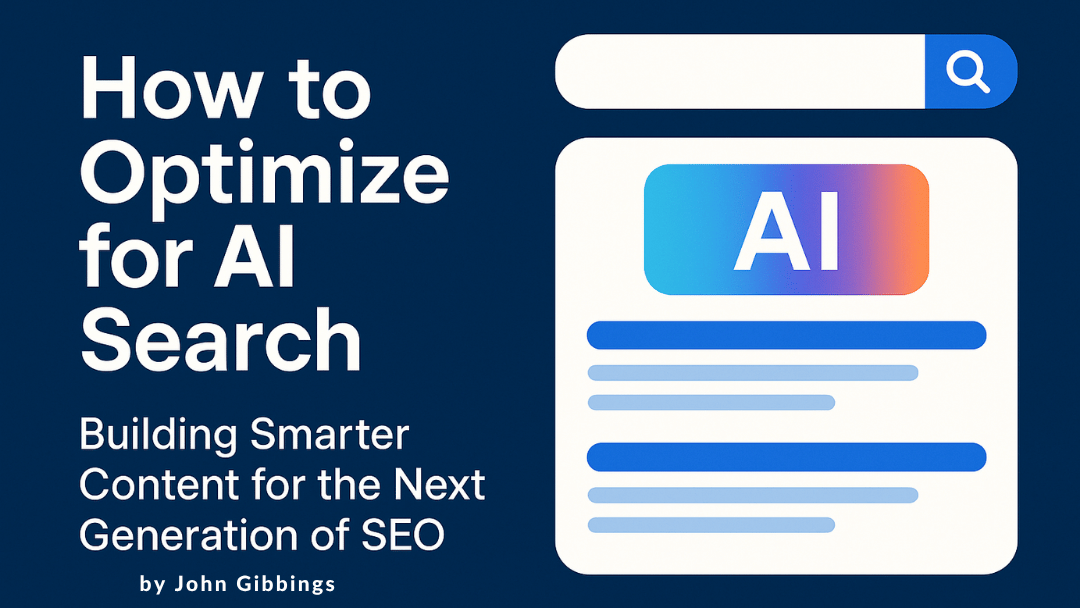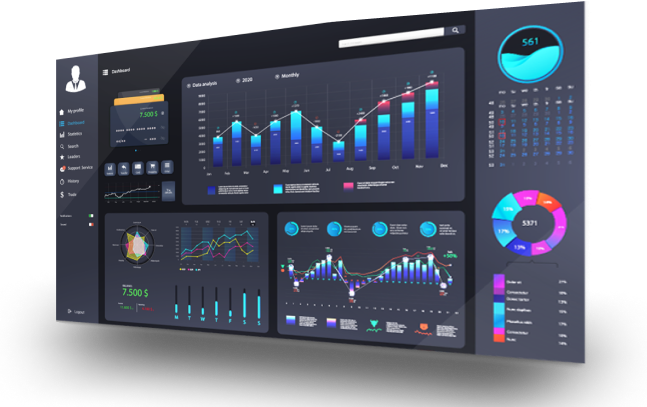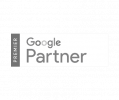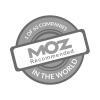A live blog of the keynote presentation featuring Sarah Lacy, Frederick Townes, and Stephen Wellman (be sure to refresh for live updates):
We’ll have one hour to answer audience questions for much cheaper than a personal consult from any of our panelists. Questions can also be tweeted to the moderator who will check them throughout the conversation as we go. General themes: Media, what is the future of the media, mobile and device changes, data coming from all of these and disruptions on the horizon.
Get Sarah’s tweets @sarahcuda and find more information at her website: http://www.sarahlacy.com/.
How is media transforming overall?
More optimistic about media than ever before. A cost efficient price of bundling every kind of media want has been hard previously, especially in the newspaper industry. Media should align their prices with the kinds of content they are offering (example: HBO can’t give away Game of Thrones dvds because of production costs).
Newspapers and magazines never made money off of the content themselves, but had to be paid for solely to cover mailing costs. Events are a great way to get money out of people through sponsorship. Monthly events for unique events in different cities with membership packages offered. There are many creative revenue opportunities.
Rather than having reporters to different headlines, our PandoTicker helps to analyze relevant and new headlines. giving you 60 headlines that you need to know, making it easy for reporters to report on news that isn’t being reported on by everyone else.
Pando is helping get to a valuable niche audience which in turn is helping others. After writing an article about someone in India doing something innovative with SMS, there were people reaching out several hours later to help invest.
The Economist seems to be what everyone is currently looking at. It has certainly stood out from The New Yorker or The Atlantic. People want the physical magazine because this is what the demographic wants.
How Can The Average Person Become More Relevant?
I have worked really hard to make sure Pando isn’t reliant only on one voice. Your platform is something that is bigger than yourself. It has to be about more than you, I have venture capitalists backing me, a virtual newsroom of reporters working for me, it’s not just about me.
What are the consequences of everyone having access to Twitter and blogs?
When blogging is done right, there’s a lot more undisclosed than there once was. Bloggers wear everything on their sleeve so it’s easier to filter things out. With Twitter and people getting news through streams you may not see news if it isn’t in their stream itself. Somehow we got to the point that blogging is re-writing news headlines instead of being filled with opinions, which is where it really originated at (but that could just be in our niche).
Fundamentally there needs to be other things other than paid search and how people make money on the internet. Mobile provides lots of opportunity with this. FourSquare is grappling with this right now. They are trying to make interactions much more valuable.
Mobile completely drove instagram. You had your camera and your phone and were instantly able to load it up. If I had to go do that, load them to my computer and then put them on Instagram I would’ve never done it. Instagram sold for 1Billion, Flickr sold for a few million.
Every annoyance in your real life, suddenly is gone with mobile. There’s so much more you can do faster on mobile than you could in person.
Get Frederick’s tweets @w3edge and find more information at him at his LinkedIn.
When thinking about building web properties, it needs a different thought process. What are these based off of? Who is publishing it? Popularity? The consumer doesn’t have a problem subscribing to content, but may need more education to understand why they need it. We are constantly inundated with content making subscriptions not feel valuable.
At Mashable, we made products with microsites around products to give people a voice. Individual sections with a community and social layer allows people to participate and co-curate the content that is out there. The key thing to this is hearing a specific voice, personality, from a particular show every evening. Mashable is cultivating the same thing, giving people the point of view they want to hear, ensuring it’s all about the content itself.
Crafting, designing and engineering a brilliant voice is what is going to set someone apart from everyone else. Your voice needs to be at the epicenter of what content you’re creating.
Personally, I’m not on Twitter as much as I like to be. The challenge I overcame by looking at social media less intently is that I no longer was able to get as much information unless it actually bubbled up. People in the same niche are going to come up with the same content at the same time. If there’s no value to it, and no point of view, we need to write about this if we only care about what’s going on . That’s what I thought more publications were actually write, rather than editorializing.
What you see a lot of people doing over the past several years is unifying several different streams and mechanisms for performing multiple types of media. How people do these things differed in years past. With mobile, it’s never going to be something on it’s own, its an extension. You need to unify experience across it, where it offers convenience where it didn’t exist before. On your phone you have to think differently about how to accomplish getting work done on your phone only vs. on your computer itself.
What’s so great about instagram? Mobile instigated that, but wow, your pictures look old!
Get Stephen’s tweets @srwellman and find more information about him at his LinkedIn.
We’re trying to reach people and brands that are interested in really small niche things, hoping when they have a need they’ll come to find us. We monetize based off of not having any ads or anything else. We completely rely on ourselves.
Most of us are not to the point that we’re running our own business. Everyone carries around a version of something. Let’s talk about location based marketing and what people should think about when selling more product.

